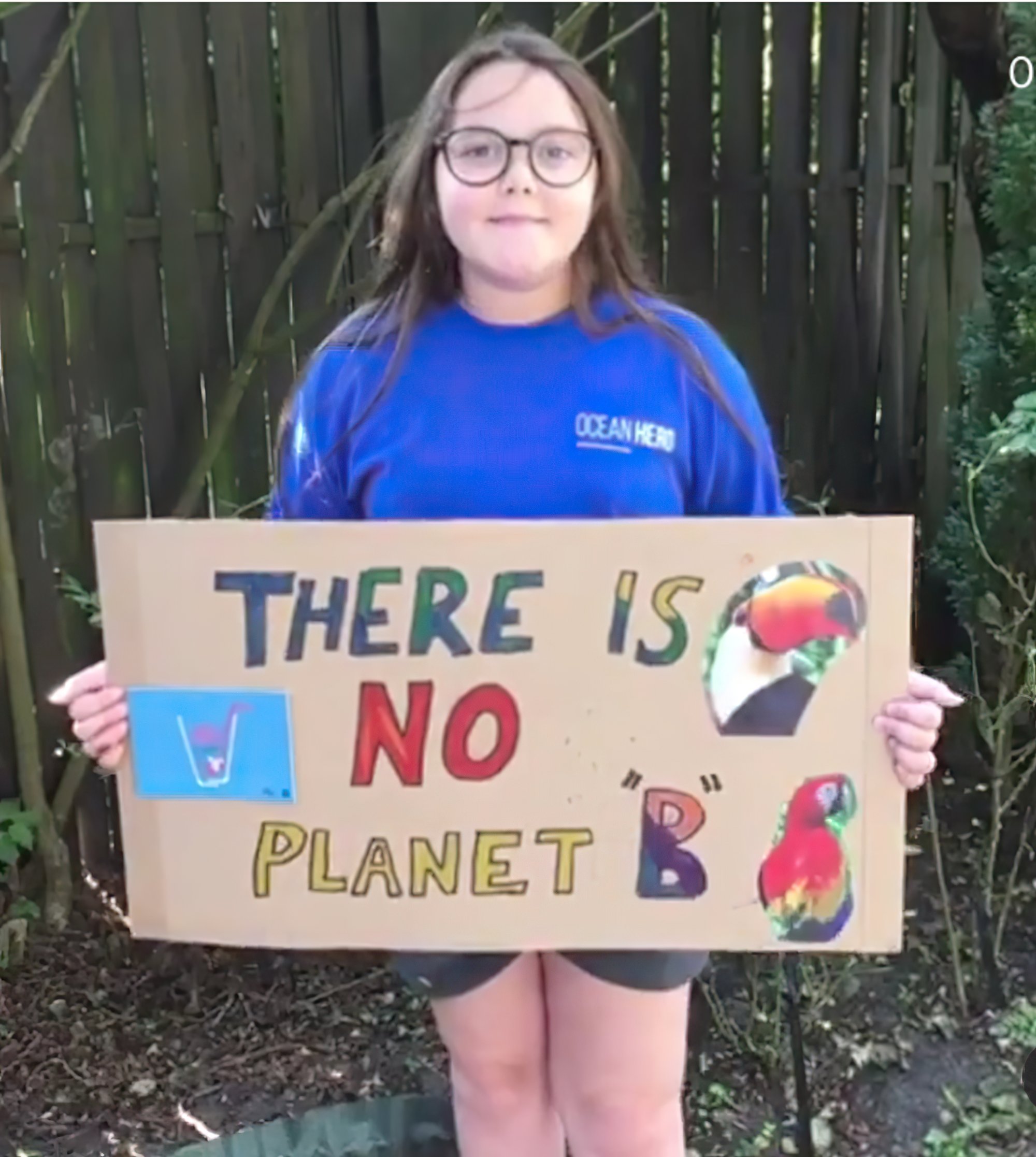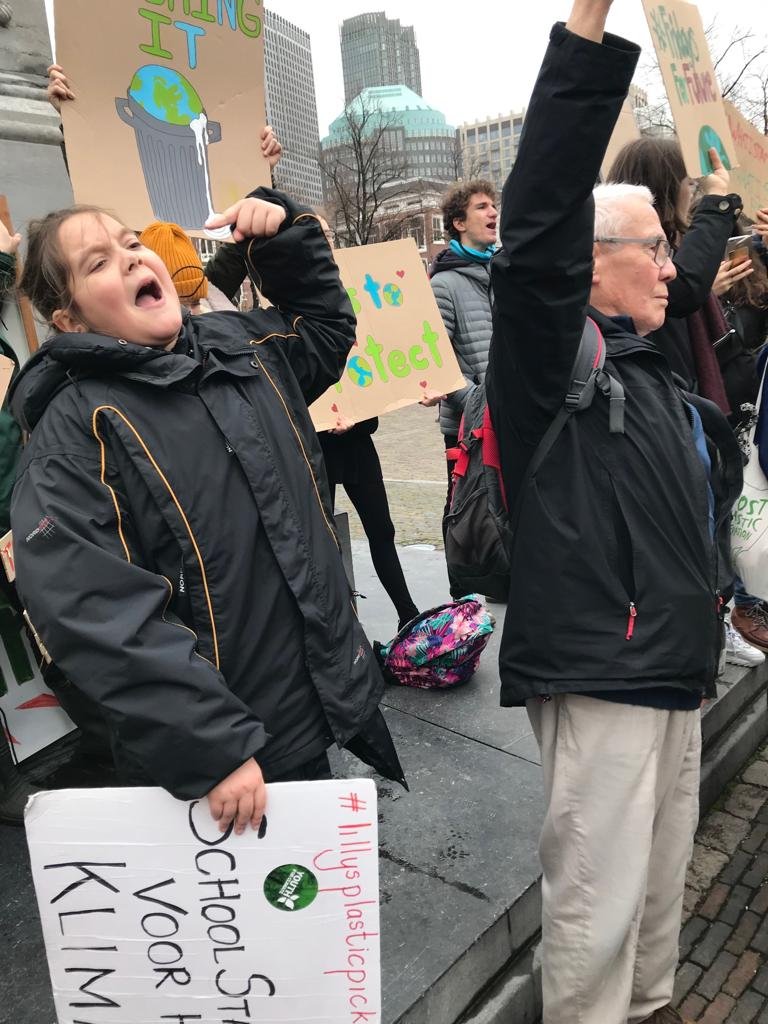Lilly Platt was still learning Dutch when her family moved from the United Kingdom to the Netherlands in 2015. She was seven at the time. One day, she decided to count nearby pieces of plastic with her grandfather to improve her language skills.
“We counted 91 pieces of plastic in only 10 to 15 minutes,” Platt, now 11, told Global Citizen. “That shocked me.”
“My grandfather told me that anything that falls on the ground finds its way into the ocean, into the plastic soup,” she added. “That’s how my initiative kind of started.”

Her initiative — Lilly’s Plastic Pickup — has since gone global. Since that eye-opening day in 2015, she has become a leading advocate for cleaning up plastic pollution, restricting plastic production, and finding alternatives to the material.
She has picked up more than 100,000 pieces of plastic over the years, she said, all of which gets meticulously sorted.
“After a pickup, I sort all of the plastic into groups, canned goods, bottles, etc., and then I take pictures of them and post them on social media, so people know how much plastic I find each week,” she said.
“I spread awareness and encourage youth to find their green heart,” she said.
Platt is committed to picking up plastic on a daily basis and carries reusable bags and water bottles with her wherever she goes.
But considering the scale of the problem, she knows that she can’t tackle it alone. That’s why she spends most of her time raising awareness and spurring other people to join the cause.
She helps organize beach clean-ups, gives presentations in schools, and has an active social media presence where she creates challenges and incentives for people to fight plastic pollution.
“A few days ago, I shared with my school a few videos of my initiative, how it works, and some of the kids said, ‘Hey that sounds really good, maybe we should do that, or maybe we should start to limit our plastic use,’” she said.
In recent years, the campaign against plastic pollution has gained momentum as people learn more about the threat it poses to wildlife. Marine animals, in particular, have been devastated by plastic pollution.
On a recent Twitter post, Platt shared how the team at Sea Turtle Conservation Curacao rescued a turtle tangled in fishing nets.
My friends at Sea Turtle Conservation Curacao were alerted to a turtle in distress and managed to rescue the turtle and remove the fishing line- all 30 meters with bait attached. Luckily there was no hook and the turtle is released. pic.twitter.com/P5EQ5tQ1v0
— Lillys Plastic Pickup (@lillyspickup) June 12, 2020
Platt has seen some gnarly things during beach clean-ups. One time, she came across a pair of dentures. She’s found countless straws and bottles, fishing nets buried deep in the sand, fishing line fine as a hair strand, and balloons.
The relentless nature of plastic pollution has convinced her the only real solution lies at the ballot box and pressuring politicians to ban plastic. In the most recent election, she got her grandfather to pledge his vote to her.
“Because I wasn’t of age to vote for someone that does great things for the planet, my grandpa actually voted for me, so I had a voice,” she said. “Then we made a video about that. We also told some school strikers to ask their parents, uncles, grandparents that they could give their voices, so that they could vote also.”

That dynamic — setting an example and then calling on others to do the same — characterizes all of Platt’s work.
She realizes that saving the planet is a collective effort that requires all of us to participate.
“If you pick up three pieces of plastic a day, you can see how much good that does, you might actually be potentially saving an animal’s life,” she said. “Even though it may be small, if everyone did that, it would be a huge help for the planet.”
Platt’s activism has extended beyond plastic pollution. She cares about wildlife conservation, Indigenous rights, and climate action. Her latest campaign asks her followers to cultivate their “green heart” through #thegreenheartjourney.
“What it means is sharing your information about the planet with people, and once they have the information about the planet, then they can start to spread, and hopefully politicians will start to listen to us about plastic and climate change, and hopefully the Paris agreement will become a reality,” she said.